News + Media
 |
AuditSeptember 1, 2008Does the “surge” explain Iraq’s improved security?There is a general consensus that the “surge” of additional troops into Iraq has been responsible for the significant decrease of violence in Iraq. Sen. John McCain has long advocated “sustained and substantial” troop increases, attacking Sen. Barack Obama’s position on drawing down forces. Obama for his part recently stated that the surge has “succeeded in ways that nobody anticipated” and “beyond our wildest dreams.” |
 |
Analysis + OpinionAugust 20, 2008All the oil we needEugene Gholz and Daryl PressNew York TimesWhile oil prices have declined somewhat of late, the volatility of the market and the political and religious unrest in major oil-producing countries has Americans worrying more than ever about energy security. But they have little to fear — contrary to common understanding, there are robust stockpiles of oil around the globe that could see us through any foreseeable calamities on the world market. |
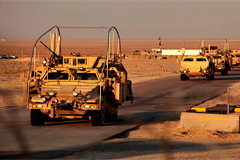 |
Analysis + OpinionAugust 15, 2008What counts as 'success' in Iraq?John TirmanBoston GlobeA voluble attempt to describe the Iraq war as a success is widely apparent, and will increase as the Republican National Convention nears. John McCain is staking his campaign on this assertion. There is little doubt that the level of violence in Iraq has subsided noticeably in the last 12 months. But is this “victory”? |
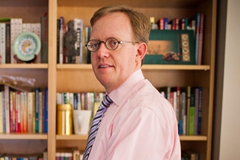 |
In the NewsAugust 10, 2008Q&A with M. Taylor FravelSamuel P. JacobsBoston GlobeIn his new book, M. Taylor Fravel offers an intriguing argument about the relationship between instability within China and stability in the rest of the world. |
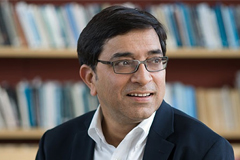 |
News ReleaseAugust 9, 2008CIS scholar garners awards from Guggenheim and CarnegieAshutosh Varshney, a visiting scholar at CIS, was named both a Guggenheim fellow and Carnegie scholar for 2008. Guggenheim fellows are appointed on the basis of outstanding achievement and exceptional promise for continued accomplishment. |
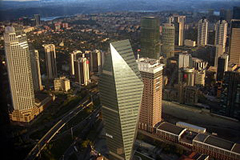 |
AuditAugust 1, 2008Turkey’s crisis and futureDogu Ergil, Ankara UniversityThe two trials that have been occupying the Turkish national agenda today are likely to be the milestones of Turkey’s ability to rid itself of an opaque regime shaped under bureaucratic tutelary. |
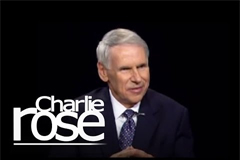 |
In the NewsJuly 30, 2008A conversation with Admiral FallonCharlie RoseA conversation with Admiral William J. Fallon, Former U.S. Centcom Commander. |
 |
News@E40July 24, 2008Manrique on ColombiaThe Center's Neuffer Fellow, Jenny Manrique, will present a talk entitled "The Colombian Diaspora: Refugees and Asylum Seekers in South and North America," on Tuesday, Dec. 9, at 4:30p. Her talk concludes the fall 2008 Myron Weiner Seminar on International Migration. In addition, Manrique recently published an Audit on Plan Colombia entitled "U.S. and Colombia: A Growing Military Intervention?" A journalist, Manrique writes forComunicaciones Aliadas, a non-governmental online magazine based in Peru that focuses on Latin American news, particularly human rights. She joined the Center as its 2008-09 Elizabeth Neuffer Fellow. The fellowship is a project of the International Women's Media Foundation in memory of Elizabeth Neuffer, aBoston Globe reporter who was killed on assignment in Iraq in 2003. |
 |
News ReleaseJuly 23, 2008Colombian journalist receives Neuffer Fellowship, joins CISCIS announces today that Jenny Manrique, a Colombian freelance journalist, has received the Elizabeth Neuffer Fellowship. Manrique is the fourth recipient of the annual fellowship, which gives a woman journalist working in print, broadcast or online media the opportunity to focus exclusively on human rights journalism and social justice issues. |
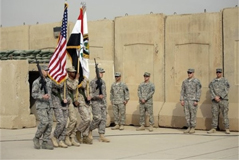 |
Analysis + OpinionJuly 20, 2008Surge protectorWilliam J. FallonNew York TimesThe prospect of a long-term security arrangement between the United States and Iraq has become a lightning rod for criticism. Yet such an agreement — which the White House believes could be completed this month now that the two countries have agreed to set a “general time horizon” for reducing the number of American troops in Iraq — would be in the best interests of the governments of both countries, and of the people who live in a region of the world that urgently needs stability. |



